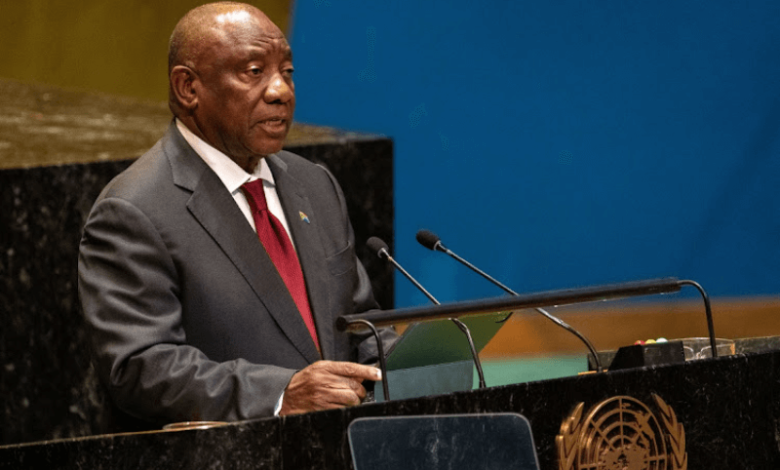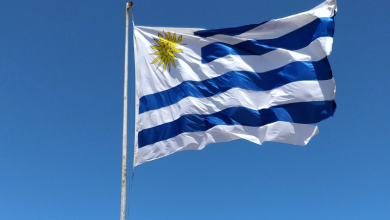UN adopts ‘Pact for the Future’ to tackle climate change and global inequality

The two-day “Summit of the Future” which was held on Sunday, September 22 took place and the UN adopted ‘Pact for the Future’. This summit has brought world leaders of all 193 UN nations who support the pact together to create a better and safe society for the future generation. The UN Secretary General Antonio Guterres thanked the global leaders and diplomats for joining hands with the summit for a progressive future.
“We are here to bring multilateralism back from the brink. Now it is our common destiny to walk through it. That demands not just agreement, but action. Our world is going through a time and turbulence and a period of transition, but we cannot wait for perfect conditions. We must take the first decisive steps towards updating and reforming international cooperation” said UN General Secretary Antonio.
To tackle the increasing turmoils like climate change, war, artificial intelligence, poverty, and global inequality, the UN Summit of the Future has adopted and approved a blueprint on September 22, Sunday. The 42-page “Pact for the Future” received the support from the 193 UN member nations and it was opposed by Russia strongly, which created a plight of dropping off this pact.
“No one is happy with this pact”, said Deputy Foreign Minister of Russia Sergey Vershinin
Russia received its support against the implementation of the pact from the allies including Iran, Belarus, North Korea, Nicaragua, Sudan, and Syria. Deputy Foreign Minister of Russia Sergey Vershinin argued that this pact will subvert the potential interference in national sovereignty and the broader multilateral framework. Russia tried to include the amendments to put down the “Pact for the Future” but this was opposed by the majority of the UN nations. Russia’s attempt ended in a failure.
“International challenges are moving faster than our ability to solve them. We see out-of-control geopolitical divisions and runaway conflicts – not least in Ukraine, Gaza, Sudan and beyond. Runaway development of new technologies like artificial intelligence – without guidance or guardrails. And our institutions simply can’t keep up.
Crises are interacting and feeding off each other – for example, as digital technologies spread climate disinformation that deepens distrust and fuels polarisation. Global institutions and frameworks are today totally inadequate to deal with these complex and even existential challenges” said UN Secretary General Antonio Guterres.
“It is no great surprise. Those institutions were born in a bygone era for a bygone world” added UN Secretary General Antonio Guterres



